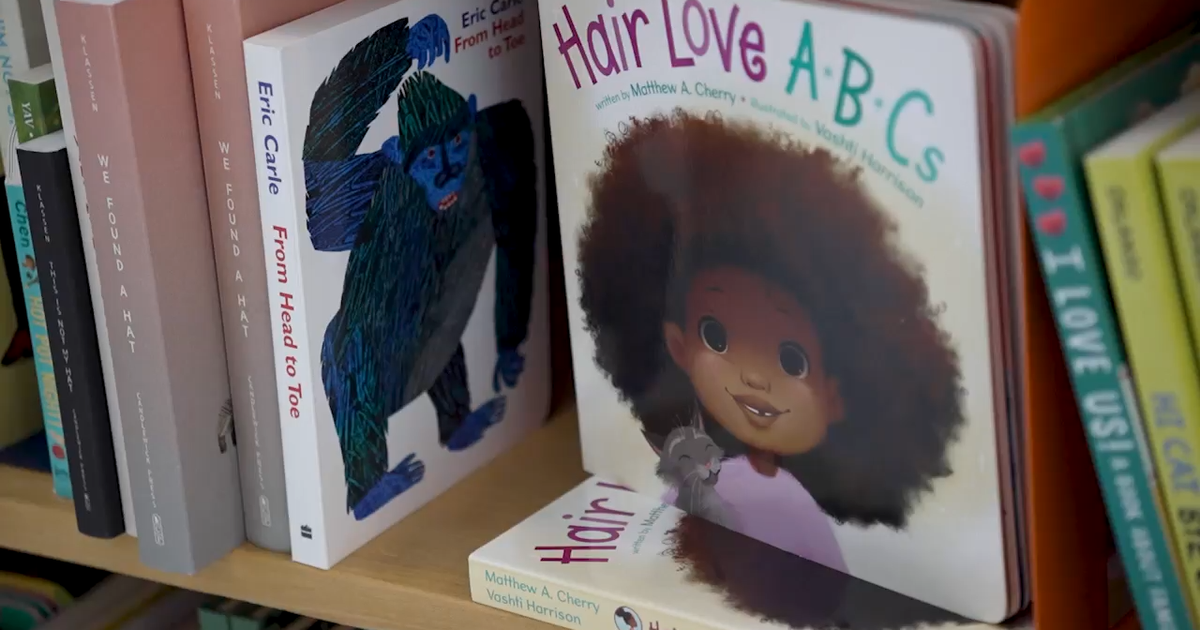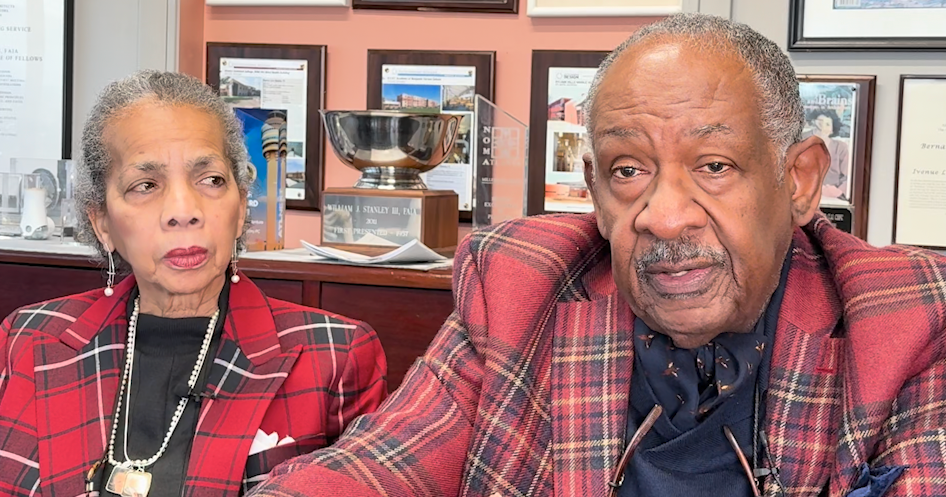MNfusion: In Musical Iteration, 'Matilda' Fails To Enchant
Chances are, if you grew up in the '90s you heard the story of "Matilda."
Written by the popular children's author Roald Dahl, the story focuses on the life of a 5-year-old girl named Matilda Wormwood.
Matilda is bright, inquisitive and polite, unlike the rest of her family. For the first five years of her life, her parents berate her for being different and constantly tell her how unwanted she is. It isn't until she starts school, and meets her teacher Ms. Honey, that she finds that people can be kind and loving.
But it's not just her intelligence that sets Matilda apart. She also has special powers.
Matilda takes her anger and frustration toward her family and turns it into telekinetic energy, which not only helps her cope but helps her teacher, and friend, stand up to a bully.
In 1996, Danny DeVito released a film by the same name.
One which included an iconic scene of Mara Wilson as Matilda directing household objects to circle around her while "Itty, Bitty, Pretty One" plays in the background.
While DeVito's film strayed a bit away from the novel, it accentuated the magic of Dahl's story as well as its message of the strength and power of kindness.
Something the stage version severely lacked.
The 2010 musical closely follows Dahl's original storyline, but seems to focus more on the idea of revenge versus standing up for oneself.
When Matilda does use her powers, which she doesn't acquire until well into the second act, they are only used to humiliate and scare Miss Trunchbull, the main villain.
While Dahl's story does include Matilda pulling pranks on Miss Trunchbull, it also shows her using her powers to help people. A young girl grabbed by her hair and thrown by Miss Trunchbull survives a fall because Matilda helps her land, and Miss Honey is able to enjoy sweets from her father's house that Miss Trunchbull has taken over.
Not only are these things not attributed to Matilda's powers and kindness in the musical, many examples aren't even shown.
Additionally, those "magical" elements that are shown are rather small and unimpressive.
And in a world where giraffes can walk through the audience in "Lion King," Ariel can swim through the sea in "The Little Mermaid," and Burt can dance on the ceiling in "Mary Poppins" I find it hard to believe more effects couldn't have been incorporated into "Matilda."
However, while the effects may not have been grandiose, the dancing and choreography were spectacular.
Boxes appearing to be hastily stacked into a fence for children to climb added to the foreboding nature of "School Song," while swings and slides embodied the playful nature of "When I Grow Up."
Perhaps the most impressive number was between Mrs. Wormwood (Darcy Steward) and Rudolpho (Stephen Diaz). Diaz's flexibility and speed were astounding.
So, while the numbers didn't do much to move the plot forward, the talent from the cast was undeniable.
Yet, despite the lack of technical elements or plot-inducing songs, what the stage performance does do well is act as an introduction to theater for children.
With a cast of a dozen children, kids in the audience are able to see themselves in the actors on stage. The bold colors and big choreography is a great way to keep kids entertained during musical numbers, of which they may miss plot nuances if they were there.
Finally, at its heart it is still a story about standing up to a bully, something that hopefully can be used as a teachable moment.
"Matilda the Musical" performed at the Oprheum Theater March 28 – April 2. It's next showing is in Cincinnati, Ohio April 4 – April 16. For more information, or to purchase tickets, visit "Matilda the Musical" online.







